There are 13 candidates in the running for Romania’s top job, including two clear favourites, but none of them are expected to gain an absolute majority, meaning the presidential race will go to a run-off on 8 December.
Polls have opened in Romania in what’s widely expected to be the first round of the presidential election, the first in a series of votes before the end of the year.
There are 13 candidates in the running for Romania's top job, including two clear favourites, but none of them are expected to gain an absolute majority, meaning the presidential race will go to a run-off on 8 December.
That's due to take place a week after parliamentary elections on 1 December, meaning Romania's whole political landscape could look very different before 2024 ends.
Who is in the running?
Leading in the polls is Prime Minister Marcel Ciolacu, who is backed by Romania's largest party, the Social Democratic Party (PSD).
Ciolacu said he has a "clear plan for a more developed Romania that leaves no one behind, an internal plan based on economic growth on investments and a plan for a more respected and influential Romania abroad."
"Unfortunately, we have political leaders who challenge our presence in the EU and NATO […] I believe that extremists must be politically isolated and not taken into account by any government," the PSD leader added.
Unlike its near neighbours Poland and the Baltic states, Romania is comparatively quiet on issues like the war in Ukraine and Russian influence in the former Soviet republics.
That's largely due to President Klaus Iohannis. He has been in office since 2014 and silence on international political affairs has become something of his trademark, despite the Romanian constitution having the president as the country’s most important voice on the international stage.
Ciolacu is currently polling at around 24% in opinion polls and represents the conservative, nationalist side of the PSD.
But far-right nationalist George Simion is also in with a chance of winning, currently polling in second place with 15%.
He heads the Alliance for the Unity of Romanians (AUR) and is a staunch anti-European nationalist.
"I would like for Romanians to feel that the leaders are rule-makers, not simply rule-takers," the Alliance for the Unity of Romanians leader told reporters on Wednesday in Bucharest.
The 38-year-old candidate, who is banned from entering Moldova and Ukraine for suggesting part of their territory should belong to Romania, has also denied unproven allegations that he has links to Russia's secret service.
Besides Ciolacu and Simion, other key candidates are Elena Lasconi of the Save Romania Union party, former NATO deputy general secretary Mircea Geoana, who is running independently, and Nicolae Ciuca, a former army general and prime minister of the centre-right National Liberal Party, which is currently in a tense coalition with the PSD.
The presidential role carries a five-year term and has significant decision-making powers in areas such as national security and foreign policy.
19,000 polling stations are open across Romania, with a record 950 for voters abroad.
"I repeat, it is a record number of polling stations that Romania has opened abroad. No other country in the world opens over 900 polling stations abroad," the President of Romania's Permanent Electoral Authority, Toni Greblă, said earlier this week.

 1 month ago
29
1 month ago
29
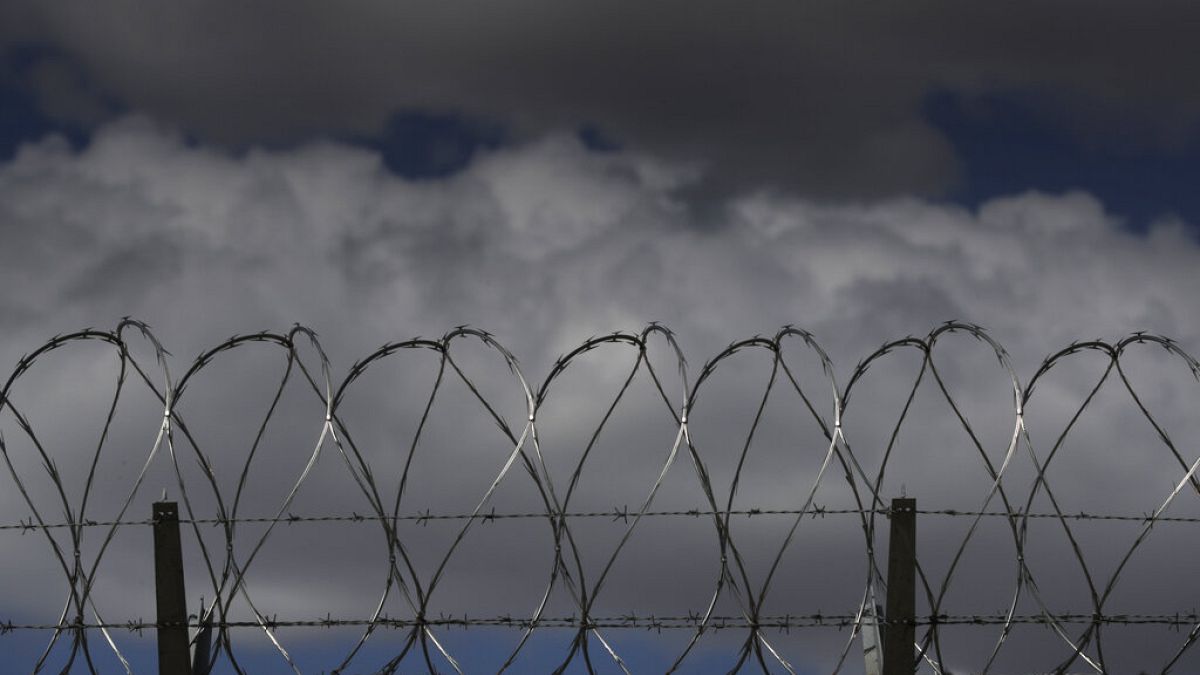

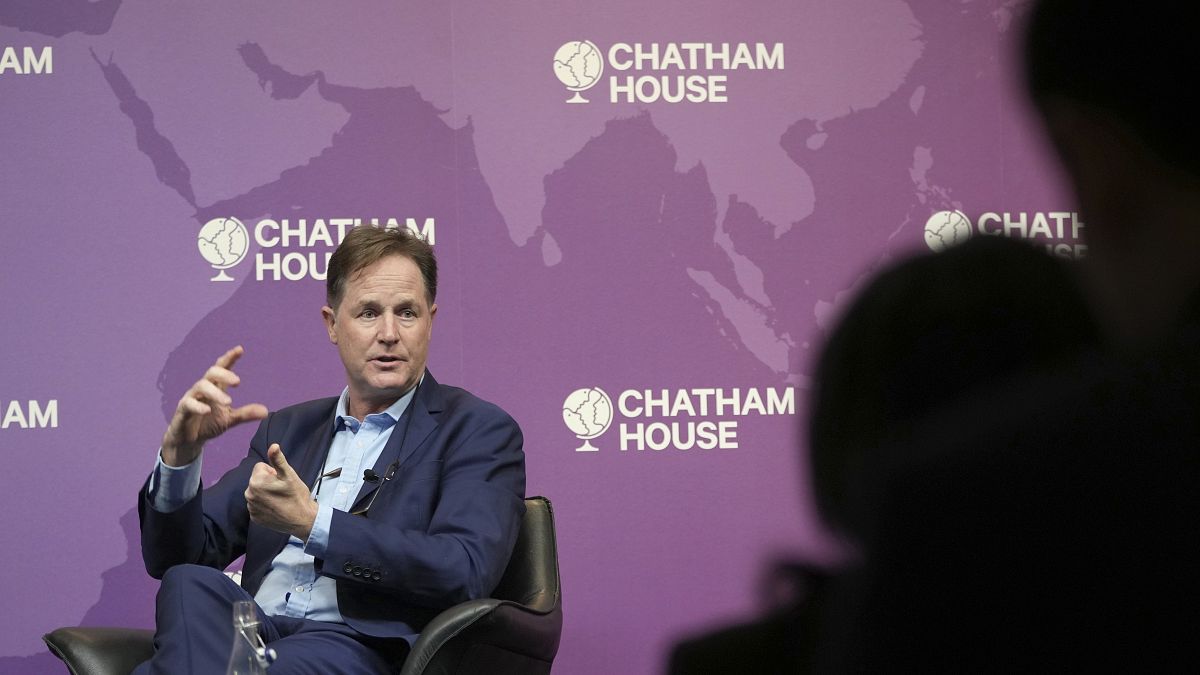
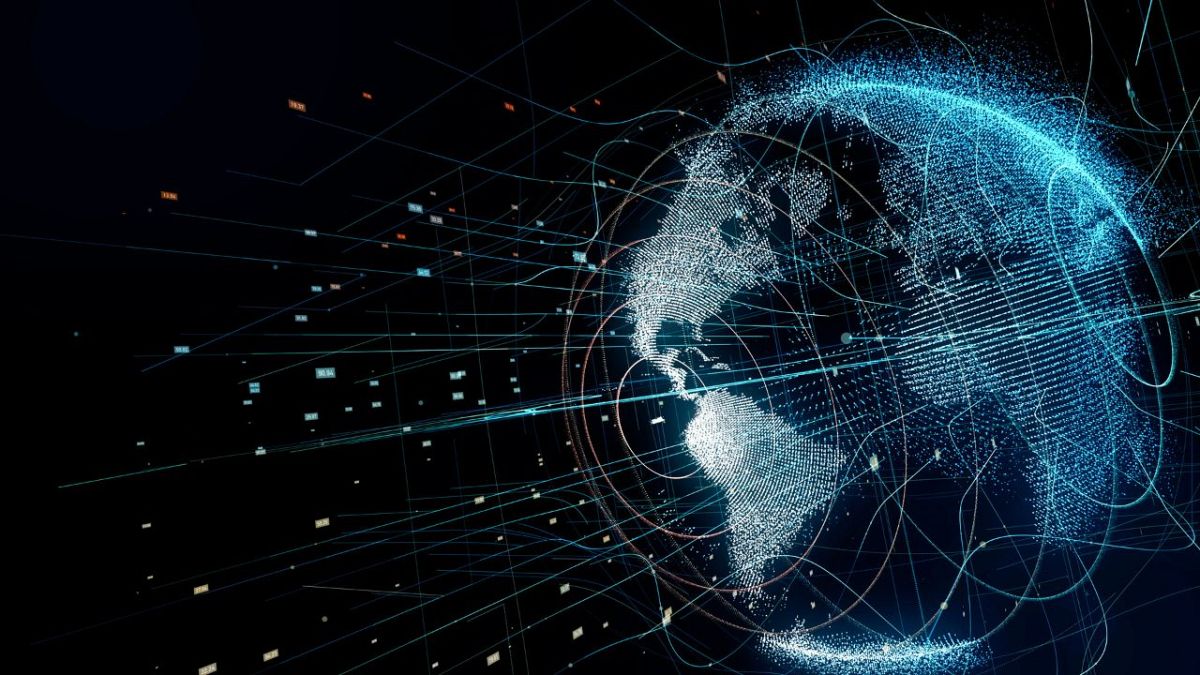
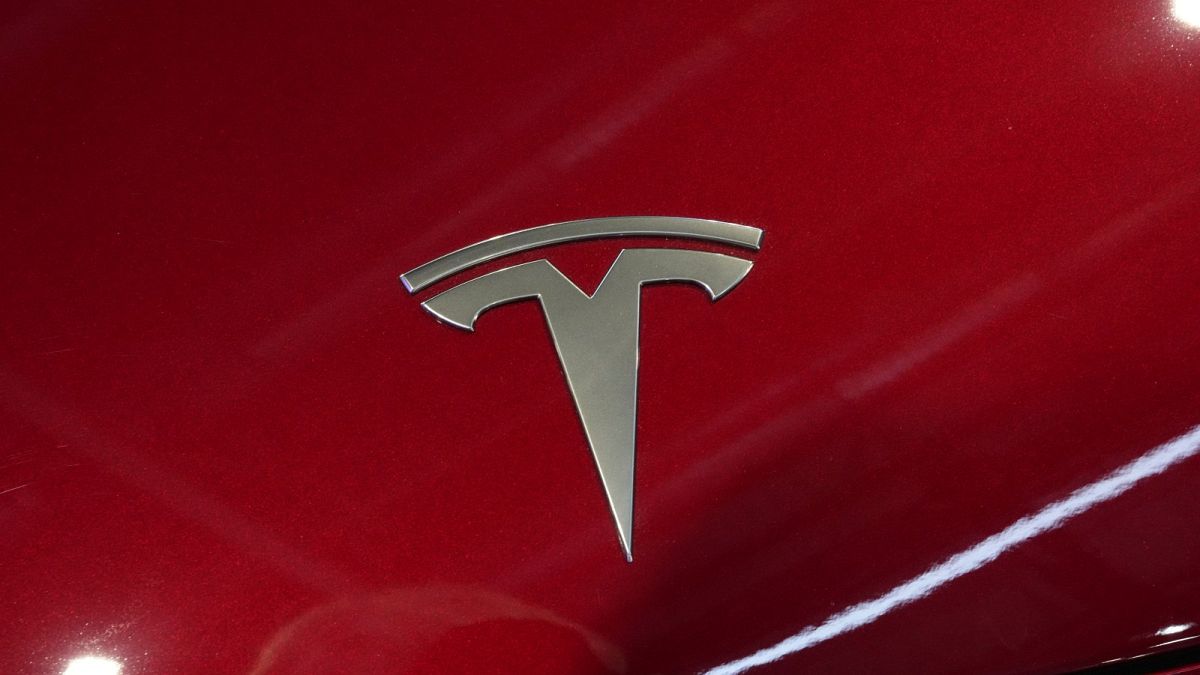
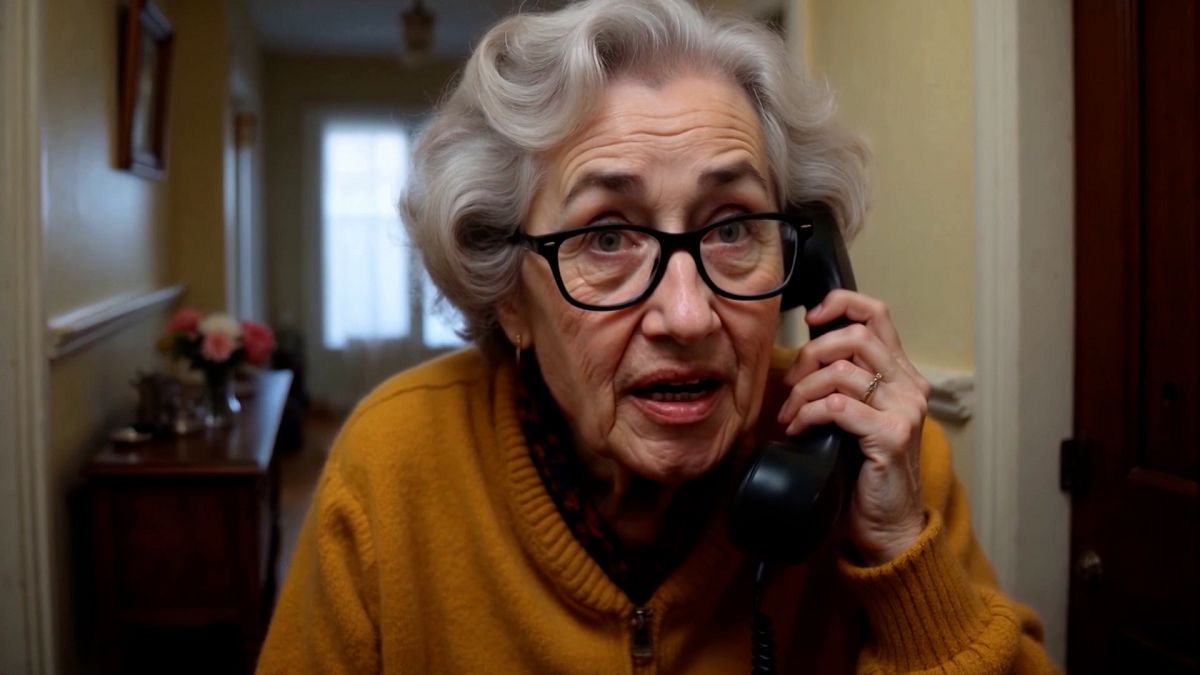
 We deliver critical software at unparalleled value and speed to help your business thrive
We deliver critical software at unparalleled value and speed to help your business thrive






 English (US) ·
English (US) ·